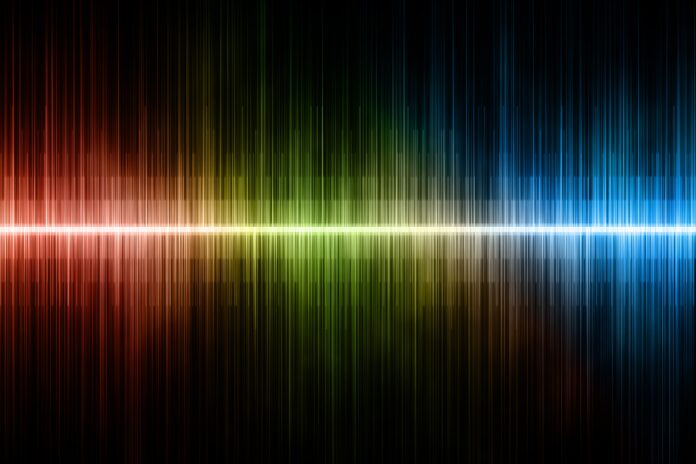This is 12x higher than today’s 5G and ahead of the World Radiocommunication Conference which will discuss freeing 6GHz spectrum for mobile
Telekom Deutschland claims to have set a world record in mobile, achieving 12Gbps during recent tests. This is 12x higher than today’s top speed for 5G and made possible by the additional use of 6GHz frequency which is not available for mobile networks.
The tests were well-timed: the use of 6GHz for mobile from 2025 onwards on the agenda at the World Radiocommunication Conference (WRC-23) in November, to provide greater capacity and speed.
Abdu Mudesir, Head of Technology at Telekom Deutschland stressed. “The 6GHz spectrum has the characteristic to meet the growing demand of our customers for more capacity and more speed. That is why we hope that the World Radiocommunication Conference will set the direction for mobile radio use.”
Hot potato
The future of 6GHz is something of a hot potato. In 2020, the US’ Federal Communications Commission opened up the frequency and 12GHz for licence-exempt use, such as Wi-Fi. The decision was supported by some big companies, such as Qualcomm, as well as industry bodies like the Dynamic Spectrum Alliance (DSA).
The DSA released figures in 2022 claiming that the economic potential of unlicensed access to the 6GHz band could add up to US$187.63 billion to the Indonesian economy, and up an accumulated $150.19 billion to the economies of Kenya, Nigeria and South Africa.
In July, the UK telecoms regulator Ofcom announced it would explore a new approach to the 6GHz, launching a consultation on splitting the spectrum band between licensed mobile and Wi-Fi. Feedback must be submitted by this Friday, 15 September. Immediately Vodafone argued that 5G’s future is “uncertain” if 6GHz spectrum is made available for Wi-Fi. As you would expect, the GSMA has been lobbying for 6GHz to be made available for mobile for a considerable time.
Empirical proof
Consequently, the timing of Telekom’s tests could be pivotal. They were carried out in real-world conditions, using a rooftop location in the town of Alzey in Rheinhessen in Germany, with a 6GHz antenna with one already in use to provide 5G at 3.6GHz.
The measurements were taken from about 100 metres away and recorded 12Gbps with “slight fluctuations”. The fastest speed was 12.3Gbps, achieved by bundling the data streams from the two spectrum bands. This technique known as carrier aggregation or channel building and is used routinely in 4G and 5G deployments.
The 6GHz data stream on its own recorded speeds of 11Gbps, but have a reach of only a few hundred metres, making them suitable for heavily populated areas that already have a dense network of antennas to serve many customers simultaneously. By comparison, the 3.6 GHz spectrum alone hit about 1Gbps in the tests.
Telekom first tested 6GHz in Bonn in October 2022 to prove 6GHz is well suited for inner-city areas. With the world record in Alzey, Telekom says it “has now been proven that the additional use of the 6 GHz spectrum can take mobile communications coverage quality to new dimensions”.



